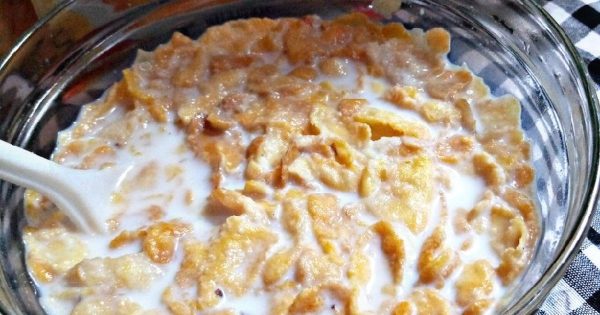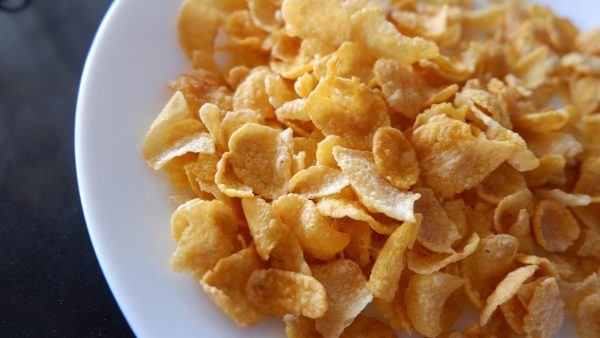Food
Did you know that cornflakes were originally invented to cure masturbation?
A lot of people love cornflakes and it’s one of the most popular cereal people take for breakfast, dinner or in between meals.
Cornflakes might be popular, but did you know that the invention of cornflakes is actually linked to masturbation?
This can be traced back to Dr. John Harvey Kellogg, a renowned physician and co-founder of the Kellogg cereal company. Kellogg was an influential figure in the health and wellness sphere.
As a Seventh-Day Adventist, he advocated for a wholesome lifestyle that included a vegetarian diet, regular exercise, and abstinence from alcohol and tobacco. History says Dr Kellogg believed that certain dietary choices could suppress sexual desires and behaviours.

He perceived masturbation as a harmful and sinful act, often linked to physical and mental health issues. As part of his quest to curb sexual impulses, he advocated for a bland, vegetarian diet, which he believed would lead to decreased libido and discourage masturbation, hence the cornflakes idea was born.
Cornflakes were among the foods endorsed by Dr Kellogg as part of his anti-masturbation regimen. At the time, it was plain and unsweetened cornflakes.
He claimed that consuming simple, non-stimulating foods like cornflakes would help reduce sexual thoughts and desires. Cornflakes, being a mild and unexciting cereal, were seen as an ideal addition to the diet for their supposed dampening effect on sexual arousal.

Even though Dr Kellogg’s health and wellness practices gained popularity during his time, his views on masturbation and dietary control were not without controversy. His approach to suppressing sexual urges through diet has been widely criticised as overly simplistic and scientifically unfounded.
Modern medical understanding emphasises that human sexuality is a complex aspect influenced by various biological, psychological, and social factors. Today, the association between diet and sexual behaviour has been debunked by modern science. But it was still one of the drivers of the invention of our beloved cornflakes.














